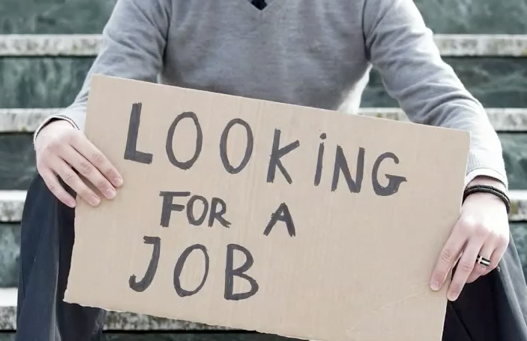Put simply: take 100,000 new and newly-discovered government jobs, add a modest 100,000 private sector jobs, then–crucially–add 600,000 part-time jobs taken by people suddenly losing their federal extended unemployment benefits, and you suddenly have a near-complete explanation of how the unemployment rate fell dramatically in a near-recession economy.
It’s not that the economy is better–far from it, and not just that government is spinning the data–though it is: it’s simply that federal cash is running out, and incentives matter.
Some of the mysterious drop in the unemployment rate in September–which fell from 8.1% to 7.8%–can be explained by 101,000 new government jobs over the past three months. Some of it can be explained by slow growth in the private sector–though not nearly as much as the Obama administration is falsely claiming. But most of it is accounted for by statistical revisions and a sudden increase of 600,000 part-time jobs. That increase has surprised everyone, but should not have: it is the predicted result of the end of unemployment benefits.
Conventional wisdom is that slow job growth–such as the below-average 114,000 jobs added in September–should be associated with a rising unemployment rate, as more people come back into the labor force. That is why economists predicted an increase of 111,000 to 113,000 jobs, combined with a slight uptick in the unemployment rate from 8.1 to 8.2 percent. On several occasions in the past few years, we have seen low job growth combined with lower unemployment rates, because millions of people have left the labor force instead.
What happened in September was counterintuitive: the U.S. Bureau of Labor Statistics reported that while job growth was slow, the labor force actually grew substantially–and the unemployment rate fell anyway. That is partly because the government’s household survey reported an additional 873,000 people were employed–a statistical anomaly, mostly accounted for by the astonishing increase in 580,000 part-time jobs (roughly 7.5%).
Those increases would not be expected in an economy crawling toward recession at a growth rate of 1.3%.
The only possible explanation lies outside the economy itself: the expiration of federal unemployment benefits.
For years, economists have warned that President Obama’s policy of extending unemployment benefits would increase the jobless rate by as much as 2.7%. As federal benefits extensions began to be withdrawn at the beginning of the summer–especially from large states such as California–economists began to predict that the jobless rate could fall.
More states will lose federal extended benefits by the end of the year, according to bipartisan legislation passed by Congress in February.
As with welfare reform in the late 1990s, what we may be seeing is that people are being forced to look for work as benefits end. They cannot find full-time jobs, which aren’t being created quickly enough–so job-seekers are taking part-time jobs they previously rejected.
It is perhaps no coincidence that the federal extended benefits programs first began winding down at the end of May, and the major statistical revisions that helped produce September’s unemployment rate drop covered July and August. The second phase of winding down federal extending benefits ended in August–which meant that millions of additional workers had to find some kind of job–any kind of job–beginning in September. The final phase will be complete by the end of 2012, and no extended federal benefits are currently planned for 2013.
The fact that part-time jobs have increased sharply therefore reinforces what conservatives have long argued–that incentives matter. And the fact that some previously unemployed people are finding part-time jobs after months–years–of being out of work could explain the reported improvement in optimism about the economy even as most people also feel the country is still headed down the wrong track.
While government is still goosing the numbers as best it can–101,000 new federal and state jobs account for a full tenth of a percent in the unemployment rate–it is the end of Obama’s policies that may be largely responsible for the sudden change.
The economy is as weak as ever. But a federal entitlement has met its limits.
That is forcing some Americans to take up jobs that they might not otherwise have wanted. It’s far from good news. In fact, it’s an indictment of President Obama’s policies, and his past opposition to welfare reform. He refuses to accept responsibility for the slow economy, and refuses to accept the principle that people respond to economic incentives.
Only new, pro-growth policies–and real, full-time job creation–will undo the damage of the recession that he has made worse.

COMMENTS
Please let us know if you're having issues with commenting.